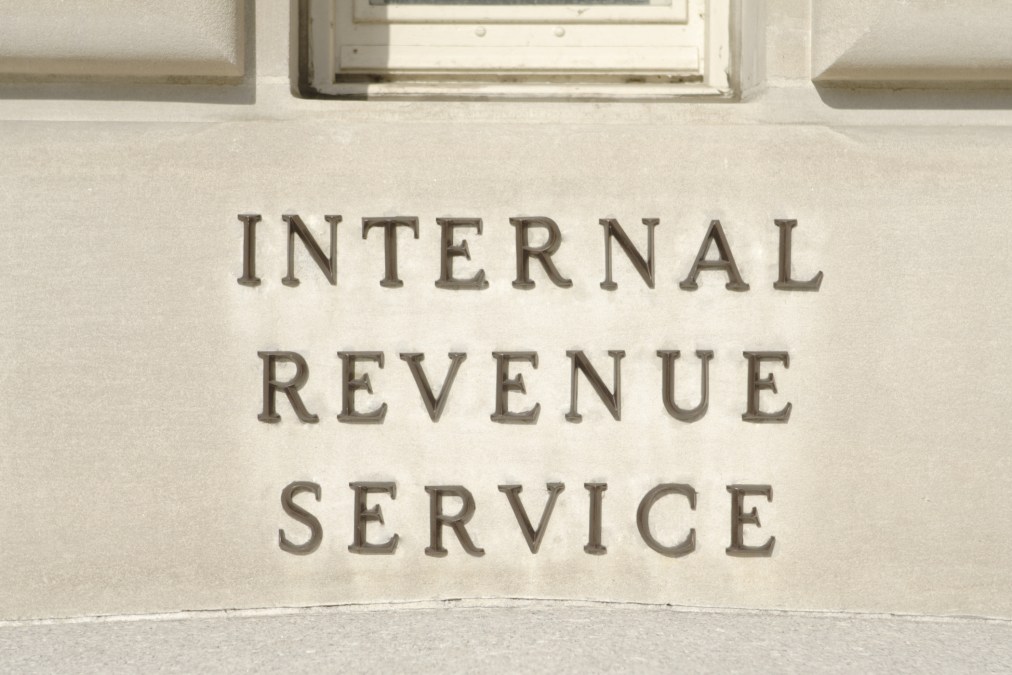IBM $265M software fraud case moved forward by DC appeals court

A former senior sales representative for IBM, who says the company used a false audit to pressure the IRS into a $265 million software license agreement, may reargue his case in D.C. District Court, the Circuit Court decided Tuesday.
Paul Cimino appealed his False Claims Act (FCA) case against IBM to the higher court, which found the District Court was wrong to fully dismiss his complaint in October.
The FCA holds companies liable for fraud against the government and allows whistleblowers like Cimino to prosecute that fraud on the government’s behalf, in return for 10% to 30% of the money recouped. The federal legislation has existed since 1863.
“On the facts alleged at the pleading stage, along with the reasonable inferences drawn from those allegations in Cimino’s favor, we find Cimino plausibly alleged that, but for IBM’s false audit, the IRS would not have entered into the license agreement,” wrote Judge Neomi Rao in the court’s opinion. “Whether Cimino can prove those allegations remains to be seen.”
Cimino said the IRS paid between $23 million and $30 million annually for IBM software from 2007 to 2012. When it became clear the IRS would only seek a license agreement extension for the software it was using, IBM conducted an audit looking to charge the agency compliance penalties for overuse, he said.
Deloitte performed the audit but only found about $500,000 in penalties, so IBM included software licenses on discontinued servers as being in constant use to bring that number up to $292 million, Cimino said.
Adam Kravitz, then an IRS senior manager, rejected the audit, but IBM came back with a $91 million figure in November 2012 that he also rejected, Cimino said.
IBM waited until Kravitz was on vacation to approach other IRS officials like his boss, then-Deputy CIO Jim McGrane, threatening legal action over the penalties, but offered to waive them in return for renewing the software license agreement, Cimino said.
The IRS took the deal and even extended the license another six months for $16 million in 2015, nearly two years after Cimino first filed his complaint.
The government conducted a four-year investigation based on Cimino’s complaint but declined to intervene. So IBM moved to dismiss the case in District Court. That court did on the grounds that Cimino never said the IRS accepted the audit’s findings and that it was implausible the IRS “sat idly by” and paid for the software knowing fraud was possible.
But when Cimino appealed his case, the government filed in support the second time.
In reversing the lower court’s dismissal, the Circuit Court found Cimino didn’t say IRS officials accepted the audit but “came close.”
“[T]he IRS may have felt obligated to pay until it received a legal determination that it was relieved of the agreement’s terms,” Rao wrote.
Cimino also said IBM disguised the penalties the technology company presented to McGrane as an $87 million fee for prospective licenses and support it never delivered, a plea the District Court also dismissed. The Circuit Court upheld that dismissal on the grounds Cimino never said when IBM made those claims, who made them and simply believed the services hadn’t been rendered.
Cimino’s lawyer did not respond to a request for comment by publication time.
The case returns to District Court for further proceedings, and IBM could owe up to $10,000 per claim and treble damages if found to have committed fraud.
An additional wrinkle in the case is that Rao also wrote a concurring opinion. It says that although the FCA imposes liability for fraudulent claims, the act does not explicitly state anything about fraudulently induced contracts. Congress “easily could have employed more expansive language” had that been its intent, Rao wrote.
“The plain meaning of the FCA, the Supreme Court’s recent FCA decisions, and the lack of clarity in the precedents recognizing fraudulent inducement are all reasons for reconsidering, in an appropriate case, whether fraudulent inducement is a separate cause of action under the FCA,” Rao wrote.




